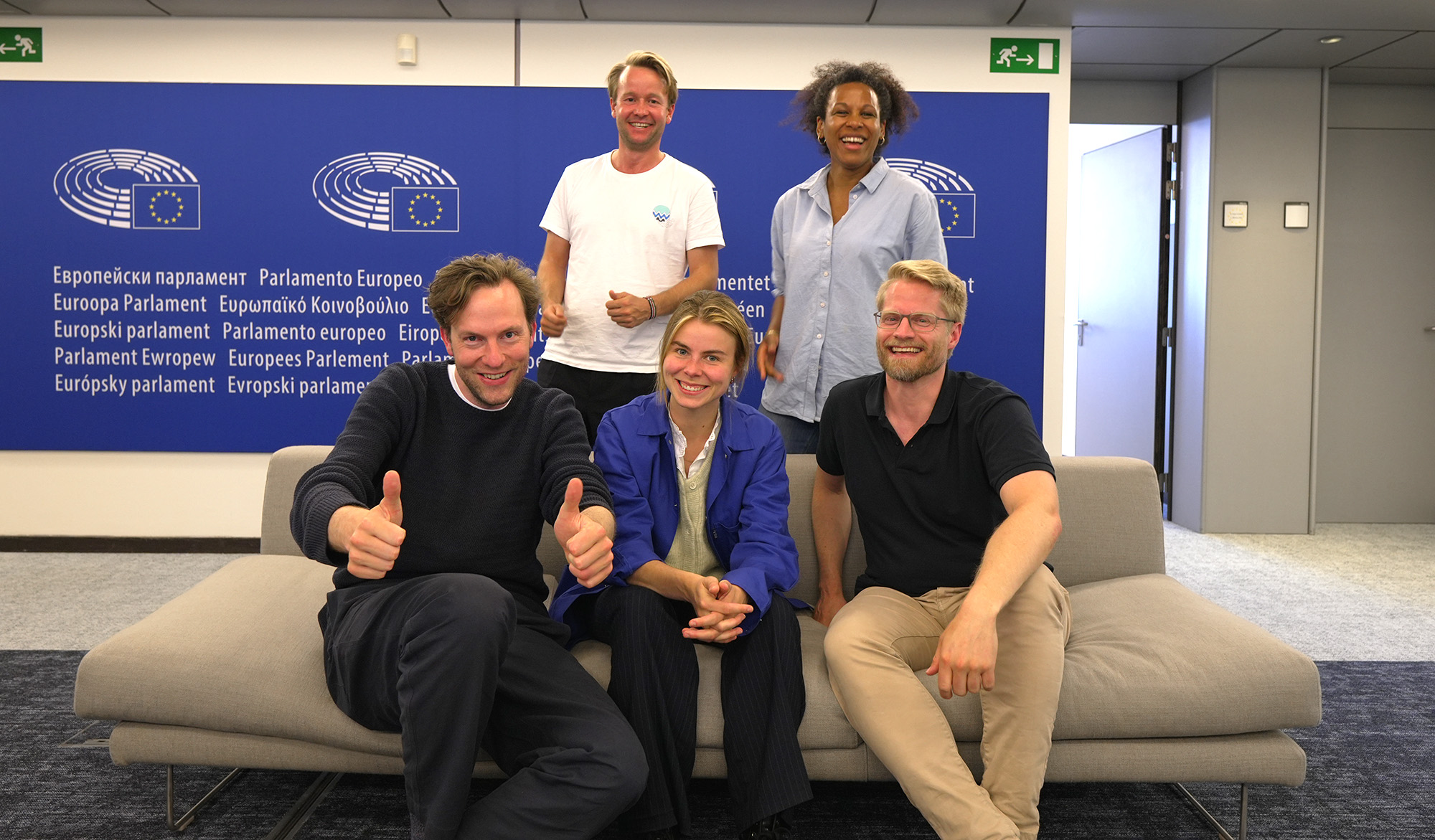Our Reflections on the Election Campaign Results and Future Plans
Volt Luxembourg acknowledges that while our local results in the EU elections could have been better, we remain optimistic and proud of our achievements. We extend our heartfelt thanks to everyone who believes in the Volt project. Their support and belief in our vision are what drive us forward.
Volt wins five seats in the European Parliament
In a strong showing of our pan-European appeal, Volt has secured a total of 5 seats in the European Parliament, winning 2 seats in the Netherlands and 3 seats in Germany. Notably, in both countries our results allowed us to claim a final seat ahead of far-right parties, reaffirming our success in advocating for inclusive democracy over divisive politics.
Across 15 countries, over 1.4 million European citizens cast their vote for the Volt vision. We take immense pride in this mandate as it represents a resounding call for reform and renewal at the heart of the European project.
Our newly elected Volt MEPs are:
Damian Boeselager (Germany)
Anna Strolenberg (Netherlands)
Kai Tegethoff (Germany)
Reinier van Lanschot (Netherlands)
Nela Riehl (Germany)
 These five representatives will collaborate tirelessly in the European Parliament, promoting Volt's vision for a stronger, more integrated, and truly democratic Europe that addresses challenges like climate change, economic renewal, and security through unified, evidence-based policies.
These five representatives will collaborate tirelessly in the European Parliament, promoting Volt's vision for a stronger, more integrated, and truly democratic Europe that addresses challenges like climate change, economic renewal, and security through unified, evidence-based policies.
Volt is not a national party, but a European one. We don’t have Dutch or German seats. We have European seats in the European Parliament. Damian, Anna, Reinier, Nela, and Kai represent all members of Volt Europa.
Reflection on the Luxembourgish Campaign
Policy over people
At Volt, we fundamentally believe that good governance stems from prioritizing policy over individual personalities. While this approach may be unconventional in Luxembourg, it underpins our core values of rational, solution-oriented decision-making for the benefit of all Europeans.
Voting by Mail
A significant challenge we identified during this campaign is the timing of voting by mail in Luxembourg. Many voters cast their ballots before the peak of campaign activities, suggesting the need to reevaluate the campaign timeline to ensurevoters have access to comprehensive information before making their decisions.
Non-Luxembourgish Electorate Exclusion
It is worrying that the marginalisation of the non-Luxembourg electorate continues. This problem, highlighted in our complaint to ALIA, underlines the need to overhaul the way in which information reaches these voters, in order to ensure that all residents can participate in the electoral process in full knowledge of the relevant information. If this is not the case, the public service media should be provided with the necessary means to exercise their duty to inform the entire population and not just citizens who are proficient in Luxembourgish.
The same applies to the debates broadcast on Chamber.tv.
We will continue to advocate reforms that give information and a voice to all residents, not just Luxembourg nationals.
Strengthening Campaign Regulations
Strong regulations governing campaign activities are needed, especially on social media. Reinforcing ALIA's mandate to regulate these activities is crucial for maintaining fair and transparent elections. ALIA needs to have a steadfast capacity to intervene during the campaign. We are still waiting for a response to our complaint, and its relevance diminishes as time passes post-election. As a result, English and French-speaking citizens were not given access to relevant information about the election campaign.